In 1973, when the Angry Young Man was raising his iron fist and a teenage Bobby was selling wet dreams at the box office, Awtar Krishna Kaul was busy documenting the internal and external journey of his nonheroic protagonist Sanjay in 27 Down (1974). Partly shot on the Bombay-Varanasi train, the introspective study of a train conductor whose vibrant dreams are emasculated by an obstinate father, pushing the young man with an artistic bent of mind into leading a life of regret on regimented rails paved the way for the Parallel Cinema movement in the Bombay film industry.Made on a shoestring budget provided by Film Finance Corporation (later NFDC), Awtar and Apurba Kishore Bir captured the rhythm in the chaos of Bombay’s working class through a hand-held Arriflex 2c camera. Long before All We Imagine As Light, the black and white frames shot with block lens created enduring images of a conflicted state of love, loneliness, and longing in a sea of crowded platforms at Bombay VT railway station.One swallow doesn’t make a summer, but in Awtar’s case, his singular work of art continues to find love and add new layers even five decades after his promising career was tragically cut short by a freak drowning accident.The characterisationRakhee’s unvarnished beauty and tenacious turn as a working woman continue to beguile the discerning, Om Shiv Puri’s performance as a lonely and manipulative father fills you with disgust, and M.K. Raina’s portrayal of a mild-mannered man grappling with a muddled destiny and an indecisive mind tightens the throat.Now, 50 years after Awtar’s death, his nephew Vinod Kaul is piecing together the tumultuous life of the unfettered soul by wading into the fading memories of family members, friends, and critics. A former senior executive producer at Rajya Sabha TV, Kaul’s efforts led to a screening of the restored version of the film at the International Film Festival of India-2024 in Goa. 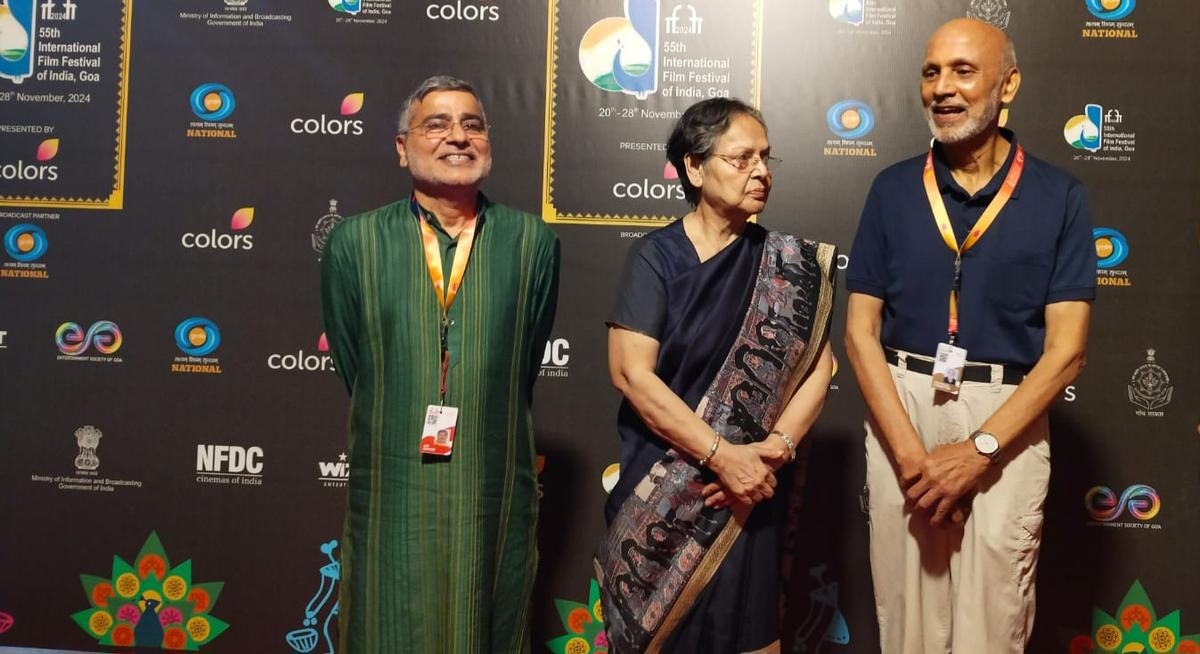
Rakhee flanked by Vinod Kaul and A K Bir at IFFI Goa.
| Photo Credit:
SPECIAL ARRANGEMENT
Like Sanjay, Kaul says, Awtar had a tenuous relationship with his father. “When he was looking for inspiration, he asked the librarian of a Delhi library to give him 50 books that have the least readership and picked Ramesh Bakshi’s Hindi novel, Athara Sooraj Ke Paudhe, for adaptation.”Like his protagonist, Awtar had to cross several real and metaphorical bridges in his life. Ironically, neither could reach the destination. Recounting Awtar’s journey, Kaul says when his father threw Awtar out of the house, he found refuge on a railway platform and worked at a tea stall to sustain himself. “He didn’t allow the challenges to thwart his spirit. He shifted to Ambala, worked at a hotel, and managed to graduate through open school and made it to a class IV job in the Ministry of External Affairs.”A chequered careerThe job provided him with an opportunity to serve in the US, which, in turn, opened a window to a filmmaking course in New York. “He worked as a copyholder for the Associated Press and when the editor caught him reading Arthur Koestley’s Darkness at Noon, he realised that Awtar was well-read and offered him the job of a news brief writer. Awtar held the job till 1964 before joining The British Information Services in New York,” says Kaul. In the US, Awtar also met his wife, Anne. He returned to India in 1970, when he was hired by the Merchant Ivory Productions as an assistant director for their film Bombay Talkie.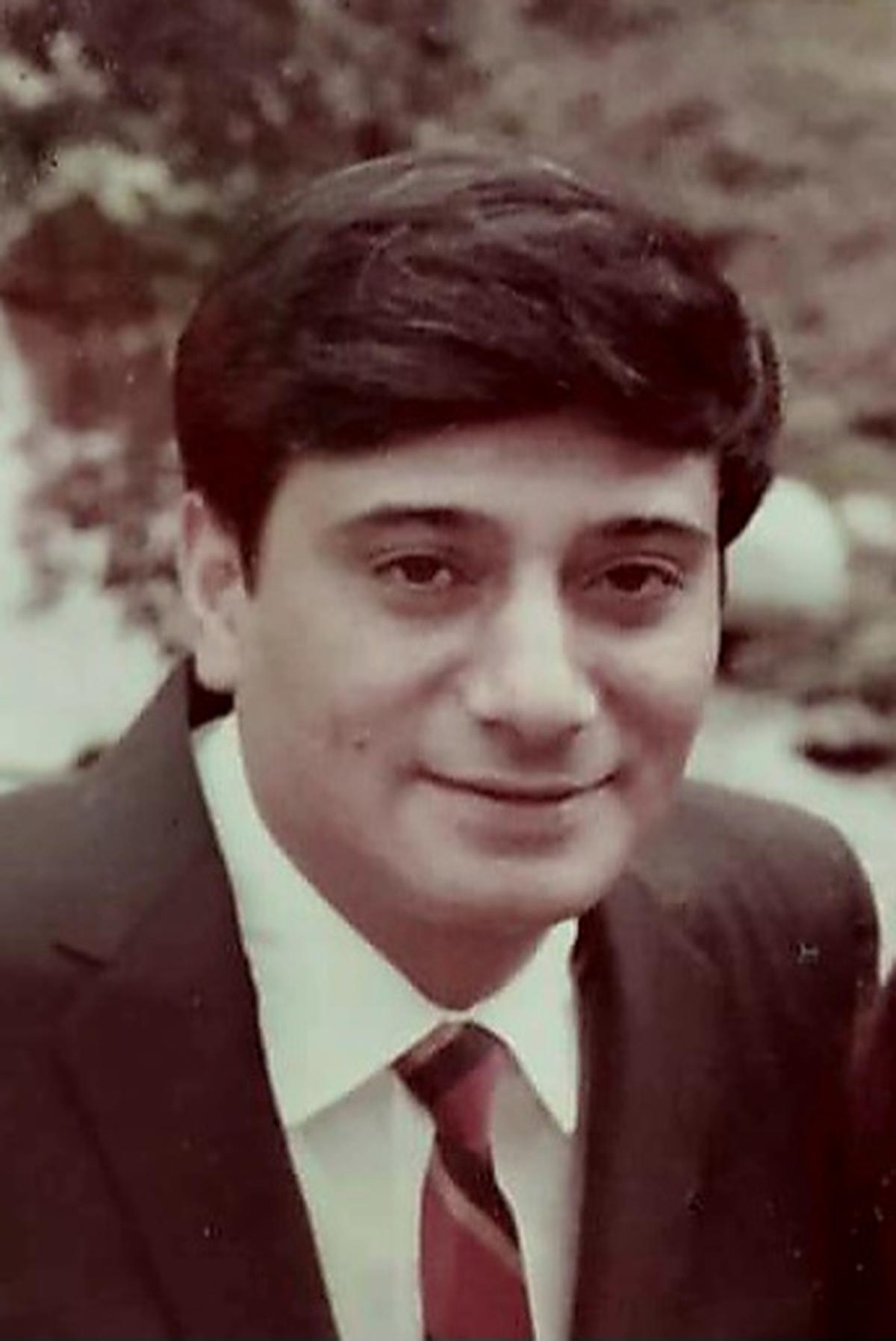
Awtar Krishna Kaul at a younger age.
| Photo Credit:
SPECIAL ARRANGEMENT
Bir is full of anecdotes of the challenges faced during the shooting on moving trains and crowded platforms without drawing the attention of the crowd. He says the shooting style and Awtar’s insistence on the no-make-up look created doubts in Rakhee’s mind. She asked Awtar to show the rushes before moving ahead and came to the theatre with apprehension. As soon as the rushes unspooled, she was thrilled to see her depiction. The seasoned actor made a rare public appearance when the film was screened at the IFFI.While shooting a platform from the bogey of the Bombay-Varanasi Express, Bir recalls, they were hauled up by Army men who thought them to be Pakistani spies. “On another occasion, Railway police in Bombay halted our shooting, hoping for a bribe. Each time we had to reach out to senior officials and show them the papers that it was a government-funded project, ” says Bir.Multi-faceted filmmakerRaina, who would converse with Awtar in Kashmiri, describes the filmmaker as one of the harbingers of New Wave cinema. “His training in New York, combined with his deep interest in literature, music, theatre, and Indian culture, made Awtar an original voice.” “When he died, he had three scripts in hand and had he been around he surely would have been an influential filmmaker.” He recalls that 27 Down was described as a “mini-miracle from FFC” by a leading film magazine as the film ran for weeks in Mumbai’s Opera House and Bengaluru’s Blue Diamond.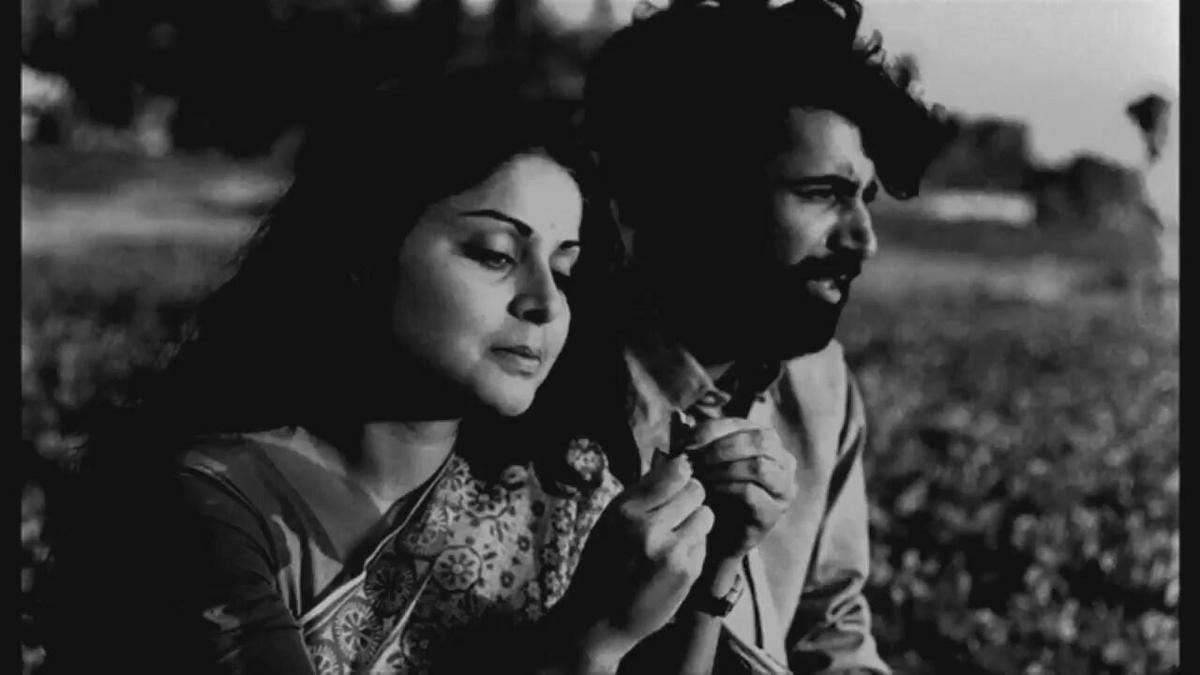
Still from the movie 27 Down by Awtar Krishna Kaul.
| Photo Credit:
SPECIAL ARRANGEMENT
Meanwhile, as 27 Down makes fresh rounds of the festival circuit, Kaul is searching for his aunt Anne and is keen on taking the second script of Awtar to the world. “It is titled Chandu, again a tale of unrealised dreams of a child. I have come to know that he had approached Sanjeev Kumar perhaps for another film.” Published – January 17, 2025 01:36 am IST



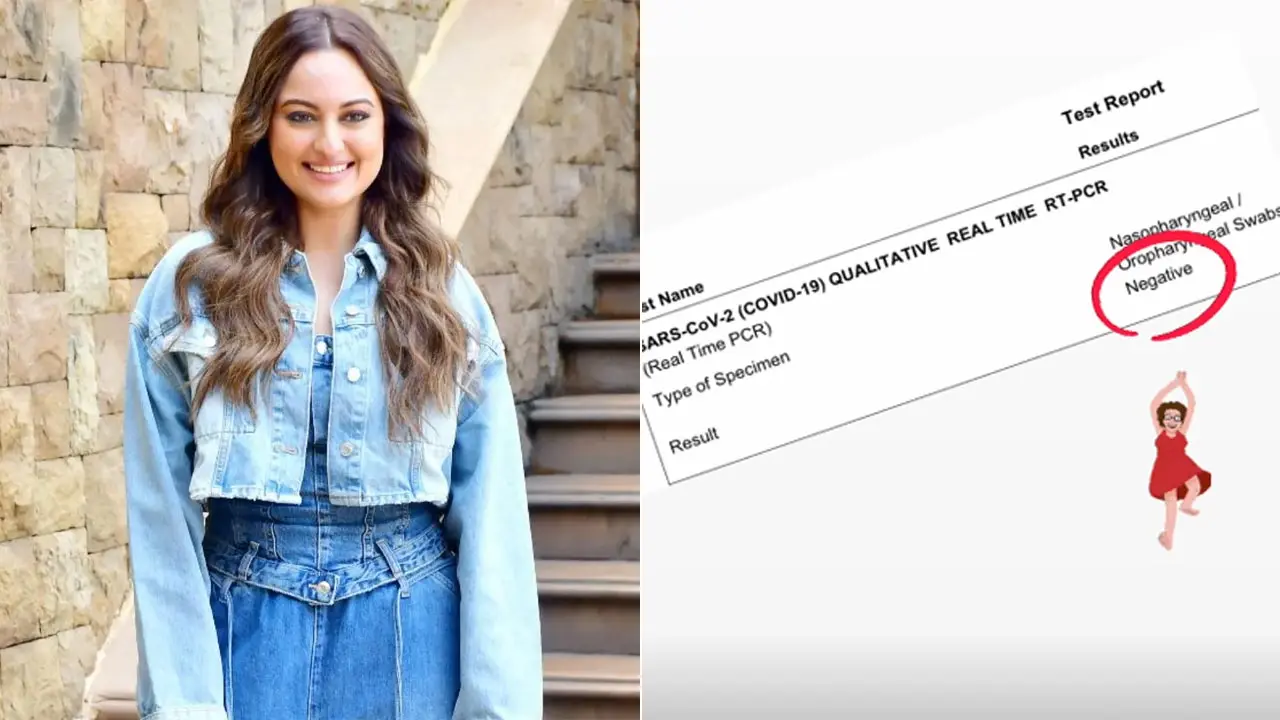
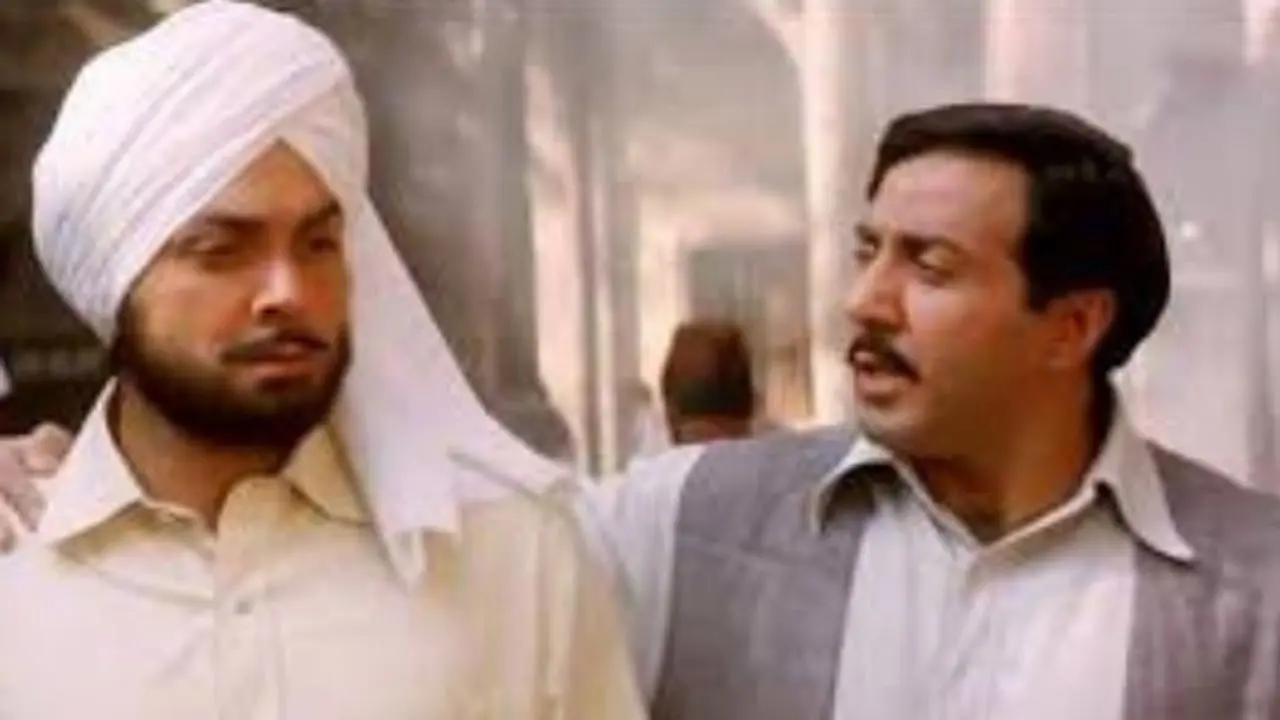
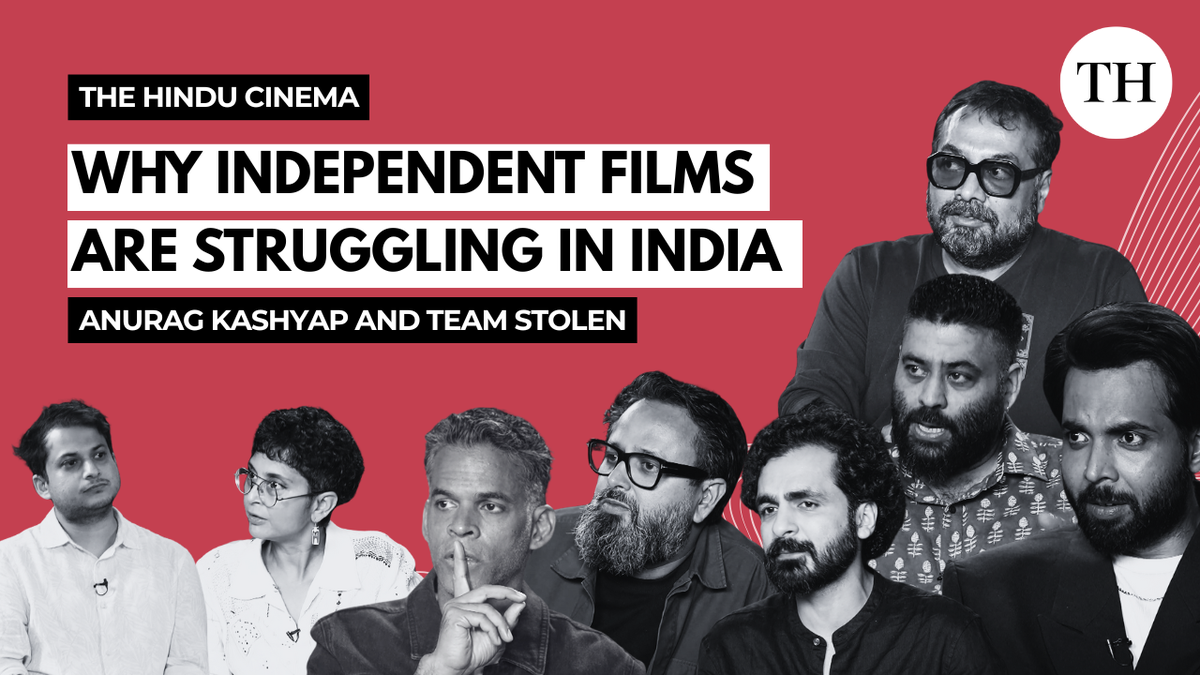
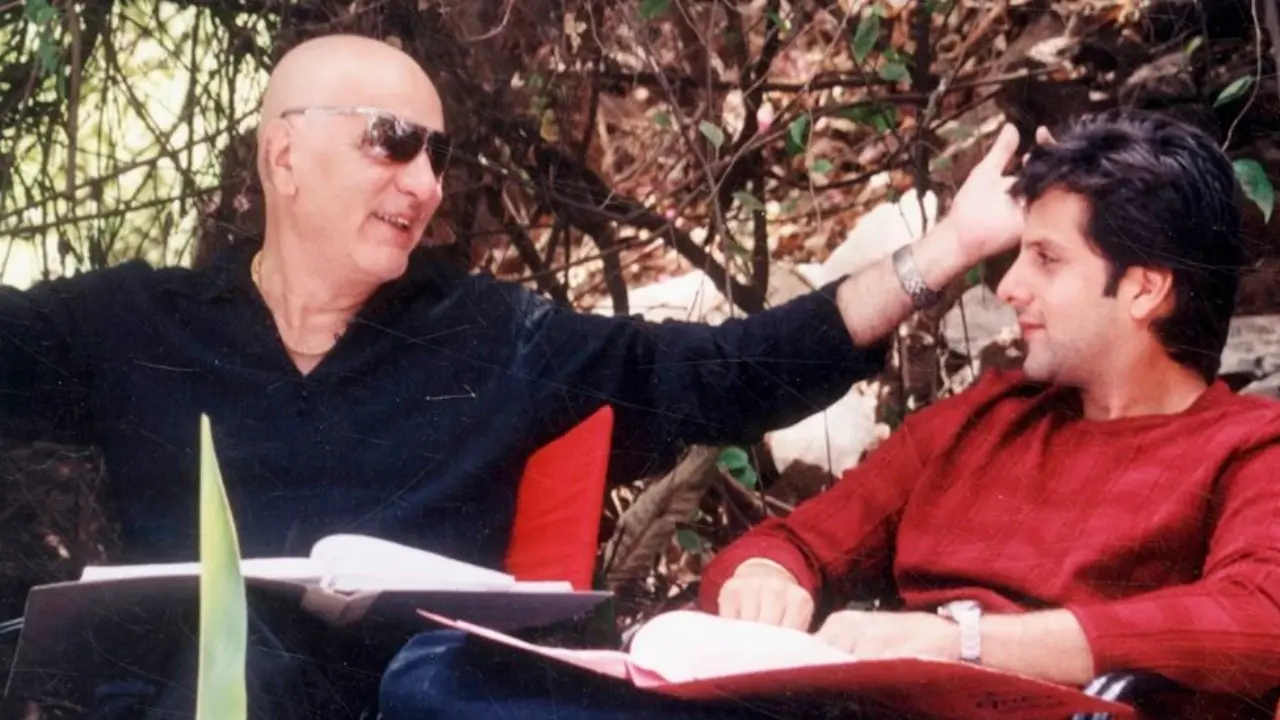
Leave a Reply